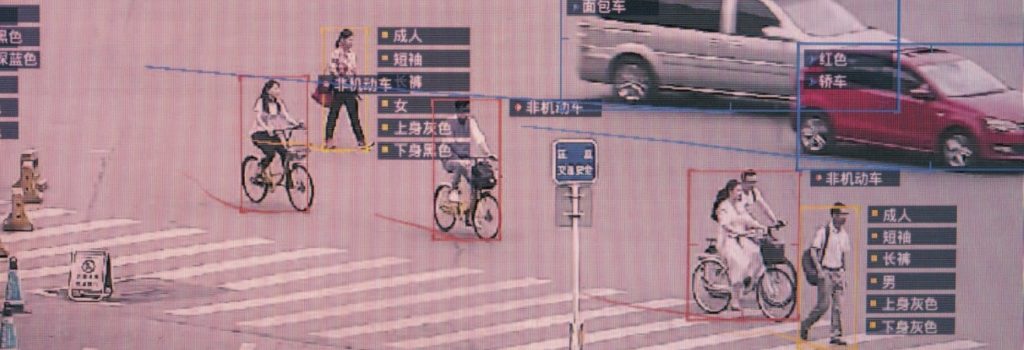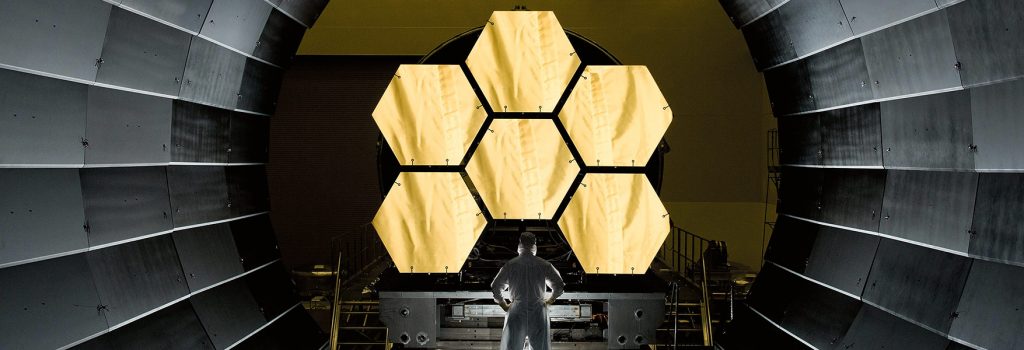
This chapter looks at the past as a means for understanding the future. While new technologies change the context of work, they do not always change the ethics of leaders who make decisions about business and what transpires in the workplace. By focusing on the ethical challenges of leadership that must be overcome to develop ethical leaders, it argues that a new age of work requires a new age in which leaders really are ethical and effective. The chapter begins by examining some of the recurring ethical problems with work. It then explores the ethical challenges of being a leader and concludes with a discussion of three essential qualities for ethical leadership.
[…]
Read More…

As with most technological breakthroughs, the hype when it comes to artificial intelligence (AI) has far preceded its widespread application in the real world. This article explores key challenges that need to be overcome over the next decade, at a global level, in order to ensure that AI’s potential can be successfully deployed to enhance our working lives and productivity gains. It also places the responsibility for AI advancement firmly in the court of “traditional” industries—radical impact will not come from the technology sector alone, rather from the innovative, timely, and systematic adoption of AI by established companies. While focused on AI’s global impact, the article also provides a Chinese perspective on challenges and opportunities of its adoption at scale.
[…]
Read More…

The last decade has been a turbulent one. The financial crisis and uncertainty about the effects of globalization and the technological revolution have led to broad questioning of the global order of representative democracy and free markets. This article argues that to materialize the enormous potential growth and well-being for all offered by the technological revolution, and to dissipate the climate of discontent and pessimism, we need a New Enlightenment: a renewal of our philosophical and ethical bases, and of our political, economic, and legal architecture. This may be a long and complex process, but some steps can be taken immediately through economic and legal reforms. The digital transformation of the financial industry is one of the reforms capable of improving productivity and driving more inclusive growth.
[…]
Read More…

In the last decade, there has been dramatic progress in exploring the cosmos. Highlights include close-up studies of the planets and moons of our Solar System; and (even more dramatic) the realization that most stars are orbited by planets, and that there may be millions of Earth-like planets in our Galaxy. On a still larger scale, we have achieved a better understanding of how galaxies have developed, over 13.8 billion years of cosmic history, from primordial fluctuations. These fluctuations might have been generated via quantum effects when our entire cosmos was of microscopic size. Einstein’s theory received further confirmation with the detection of gravitational wave—a tremendous technological achievement. Future advances will depend on more powerful instruments, which could reveal evidence of life on exoplanets, and yield a better understanding of the big bang, and the ultimate fact of our cosmos.
[…]
Read More…

In recent years, although physics has not experienced the sort of revolutions that took place during the first quarter of the twentieth century, the seeds planted at that time are still bearing fruit and continue to engender new developments. This article looks at some of them, beginning with the discovery of the Higgs boson and gravitational radiation. A deeper look reveals the additional need to address other discoveries where physics reveals its unity with astrophysics and cosmology. These include dark matter, black holes, and multiple universes. String theory and supersymmetry are also considered, as is quantum entanglement and its uses in the area of secure communications (quantum cryptography). The article concludes with a look at the presence and importance of physics in a scientifically interdisciplinary world.
[…]
Read More…

Over the last decade, the analysis of ancient DNA has emerged as cutting-edge research that uses methods (genetics) and concepts (hybridization) not previously common in the field of anthropology. Today, we are the only human species on the planet, but we now know that we had offspring with others that no longer exist and have inherited some of their genes. What does it mean to be a hybrid? What are the implications of having the genetic material of other hominins in our blood? Was this hybridization a factor in the Neanderthals’ extinction? Does it shift our perspective on human diversity today? Both genetic and fossil evidence gathered over the last decade offer a more diverse and dynamic image of our origins. Many of the keys to Homo sapiens’ success at adapting may possibly lie in this miscegenation that not only does not harm our identity, but probably constitutes a part of our species’ hallmark and idiosyncrasies.
[…]
Read More…

Data are the lifeblood of decision-making and the raw material for accountability. Without high-quality data providing the right information on the right things at the right time, designing, monitoring, and evaluating effective policies become almost impossible. Today there are unprecedented possibilities for informing and transforming society and protecting the environment. I describe the social science and computer architecture that will allow this data to be safely used to help adaptation to the new world of data, a world that is more fair, efficient, and inclusive, and that provides greater opportunities than ever before.
[…]
Read More…

Nanotechnology’s influence in our daily life is reflected in mobile communication tools, medical diagnostics and new treatments, the use of data by companies and governments, and its accumulation in the cloud. Society reacts slowly to rapidly unfolding technological changes. Nanotechnology, with its atomic-scale capabilities in which much of the natural and physical world’s dynamics unfold, has the potential to make far more dramatic leaps than humanity has encountered in the past. Evolutionary changes—the natural world’s manipulation, such as through genes—and emergent changes—the physical world’s manipulation and autonomy, such as through artificial intelligence—can now be brought together to cause profound existential changes. The complex existential machines thus created have a ghost in them, and humanity needs to shape technology at each stage of the machine building so that it is an angelic ghost.
[…]
Read More…

Artificial intelligence (AI) is a technical term referring to artifacts used to detect contexts or to effect actions in response to detected contexts. Our capacity to build such artifacts has been increasing, and with it the impact they have on our society. This article first documents the social and economic changes brought about by our use of AI, particularly but not exclusively focusing on the decade since the 2007 advent of smartphones, which contribute substantially to “big data” and therefore the efficacy of machine learning. It then projects from this political, economic, and personal challenges confronting humanity in the near future, including policy recommendations. Overall, AI is not as unusual a technology as expected, but this very lack of expected form may have exposed us to a significantly increased urgency concerning familiar challenges. In particular, the identity and autonomy of both individuals and nations is challenged by the increased accessibility of knowledge.
[…]
Read More…









